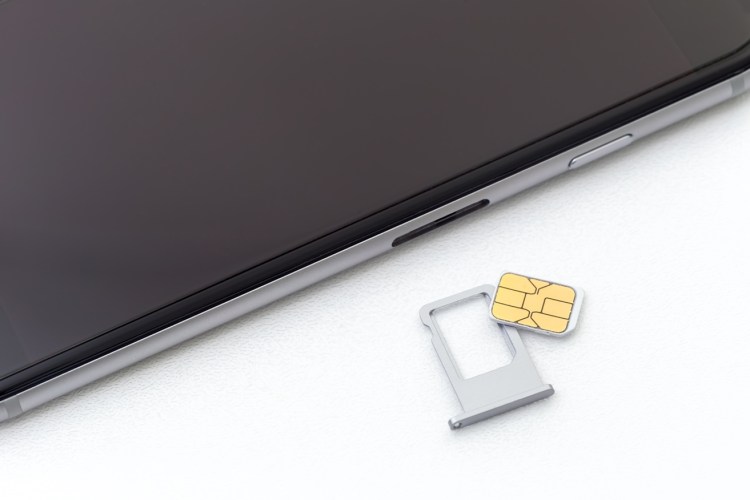BARCELONA, Spain — A world without removable SIM cards is closer to becoming reality today with the news that Samsung is preparing to launch the Gear S2 classic 3G smartwatch — the first GSMA-compliant device to sport a non-removable, programmable eSIM.
The type of technology has come to be known under various names, including “embedded SIM” or “virtual SIM,” and it allows users to switch carriers without having to switch physical SIM cards. It also consumes up to 90 percent less space than a traditional SIM, space that could be used to make a smartwatch smaller or let it house a bigger battery.
The eSIM is not a new concept. It’s been known that Apple, Samsung, and others have been working with the GSMA wireless standards body on the matter for some time. Apple has actually offered a version of the technology in some of its iPads, though it was removable. And the technology has been available in the business realm for various use-cases too.
eSIM City
Samsung’s news coincides with an announcement from the GSMA today confirming the release of a new specification that enables consumers to activate an embedded SIM in wearables or tablets.
“This is the only common, interoperable and global specification that has the backing of the mobile industry and lets consumers with a mobile subscription remotely connect their devices to a mobile network,” explained Alex Sinclair, GSMA’s chief technology officer, in the announcement. “This new specification gives consumers the freedom to remotely connect devices, such as wearables, to a mobile network of their choice and continues to evolve the process of connecting new and innovative devices.”
You’ll probably note the absence of smartphones in the discussion so far — a separate specification is in the works specifically for mobile phones, and this will be released in June of this year. In an interview with the Verge, the GSMA confirmed that the new specification is a simplified version of the full eSIM, as it looks to encourage uptake among its partners. “We don’t want the consumer to be disadvantaged compared to the current SIM model,” said GSMA’s chief engineer Ian Pannell. “We’re putting the first specification out for companies that may want to launch products that are very simple.”
There are a number of benefits to be had from adopting embedded SIM cards, including the ability to connect more than one device to a single network subscription — which means you won’t have to mess around with multiple SIM cards for your smartwatch, smartphone, tablet, or connected doorbells and alarm systems.
Available starting in March, Samsung’s timepiece is a notable milestone in the Internet of Things (IoT). “We are excited to introduce Samsung Gear S2 3G classic as not only a starting point for more devices to be connected globally, but as a step forward in our commitment to support the development of the IoT market,” said Yunsang Park, senior vice president of research and development at Samsung.
GSMA said that the specification has the backing of many of the major operators, as well as SIM and chipset vendors, including AT&T, CK Hutchison, Deutsche Telekom, EE, Gemalto, Orange, Qualcomm, Sprint, Telefónica, Telstra, Verizon, and Vodafone.
We may still be some way off from seeing eSIMs as standard in everyday devices such as smartphones, but it seems we’re moving fast in that direction.
VentureBeat's mission is to be a digital town square for technical decision-makers to gain knowledge about transformative enterprise technology and transact. Learn More

